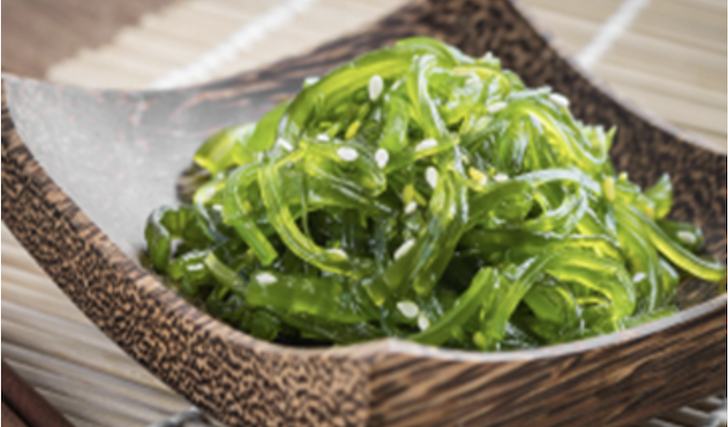Social acceptance results: potential of innovative products for the fisheries and aquaculture sector
As part of the Aquafish 0.0 project, the Institut Agro Rennes Angers conducted a number of interviews with individuals from each of the project's member countries in order to construct a survey to determine the social acceptance of fisheries and aquaculture co-products.
Eight 45-minute semi-structured interviews were conducted in English and French, so with an English-speaking or French-speaking audience, on subjects relating to perceptions of the fishing and aquaculture sector in Western Europe. The people interviewed told us that they knew little or nothing about these sectors, either in terms of the laws that govern them or the way they operate. At the same time, it was in the interests of the project to ask respondents about their knowledge of by-catch and co-products from this sector, particularly seaweed and sea cucumbers.
All these interviews were used to create a questionnaire that was distributed to 4,000 people, 1,000 in each of the project countries, in order to obtain the answers to our questions. Once we had the final results, we were able to carry out an initial analysis of the descriptive statistics. This revealed various aspects of seafood consumption practices, results on the acceptance of potential innovative products for the fisheries and aquaculture sector and a general opinion on the products that stand out as the markers of this project, seaweed and sea cucumbers.
Pictures were distributed to the respondents without any information as to the nature of the product in the photo (photos below) and they were asked to indicate whether they were prepared to consume the product in front of them. Unsurprisingly, at this stage unrestricted acceptance was fairly low, at 13% for sea cucumbers and 29% for seaweed. On the other hand, a precise description of the taste and texture of the sea cucumber significantly increased acceptance of the product, rising to 21% for total acceptance without any rejection.
These initial results are just the start of possible analyses of the responses to this questionnaire, and we will subsequently be cross-referencing elements linked to the characteristics of the respondents, such as their diet, their knowledge of the sector, their attachment to traditional values and many others, with the acceptance of co-products from fishing and aquaculture. These elements will enable us to draw up consumer profiles to help fishermen and farmers position themselves in the face of the changes proposed by the project.
AQUAFISH 0.0 is a project funded by ERDF through the INTERREG Atlantic Area 2021-2027 programme (project code EAPA_0062/2022).


